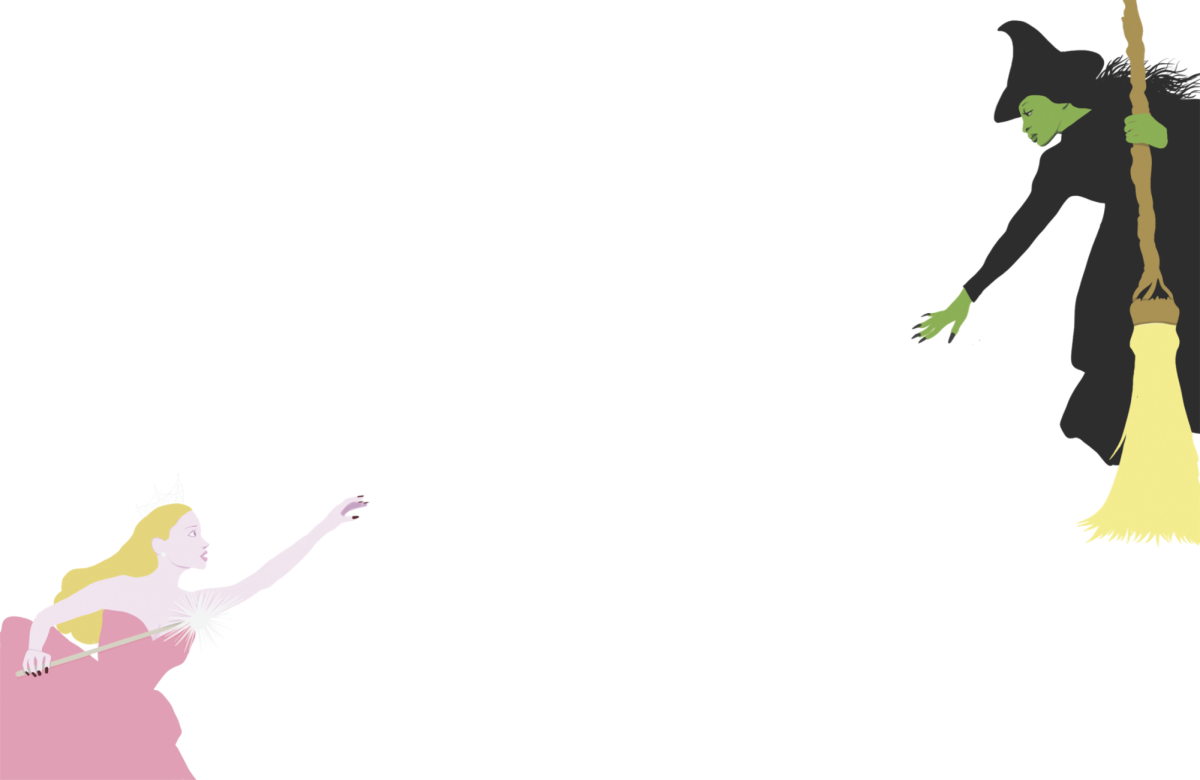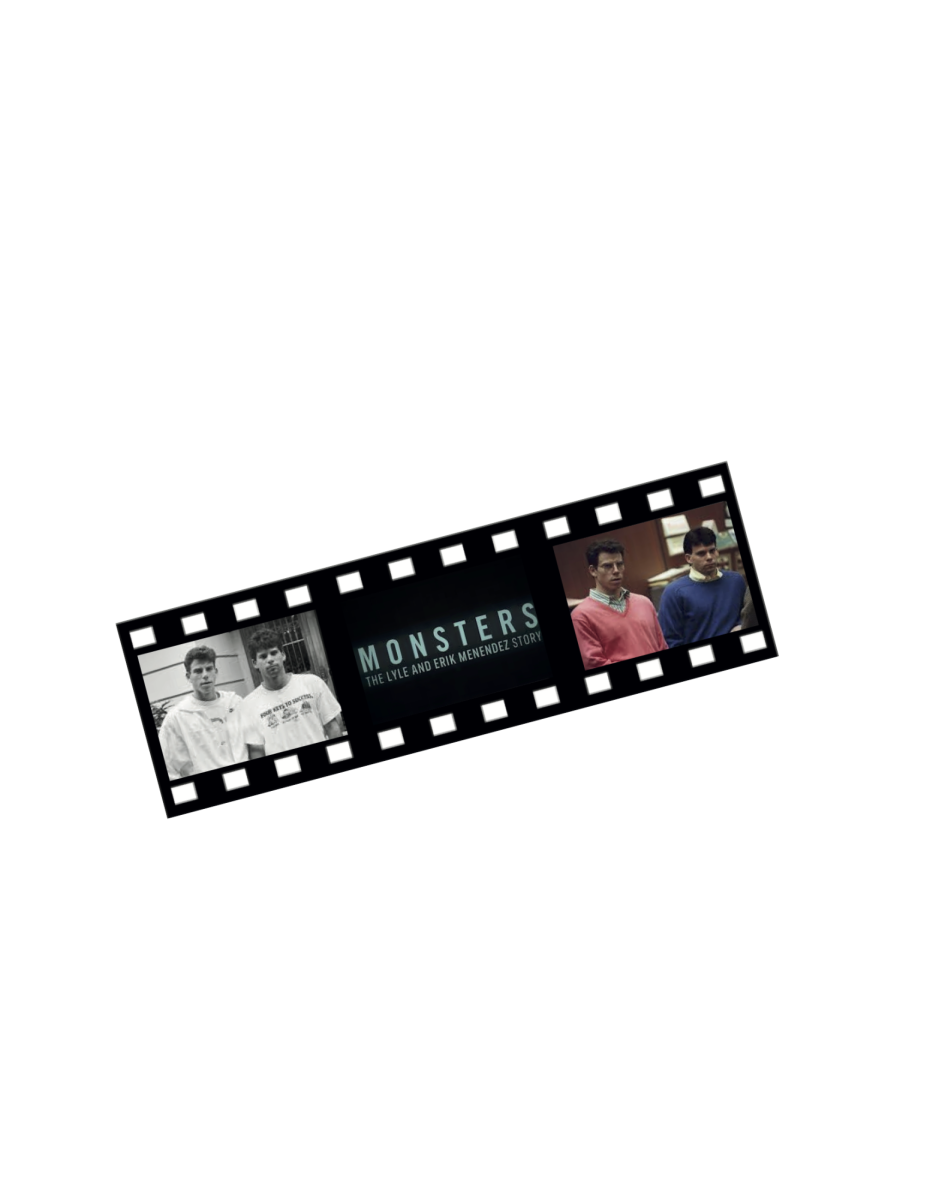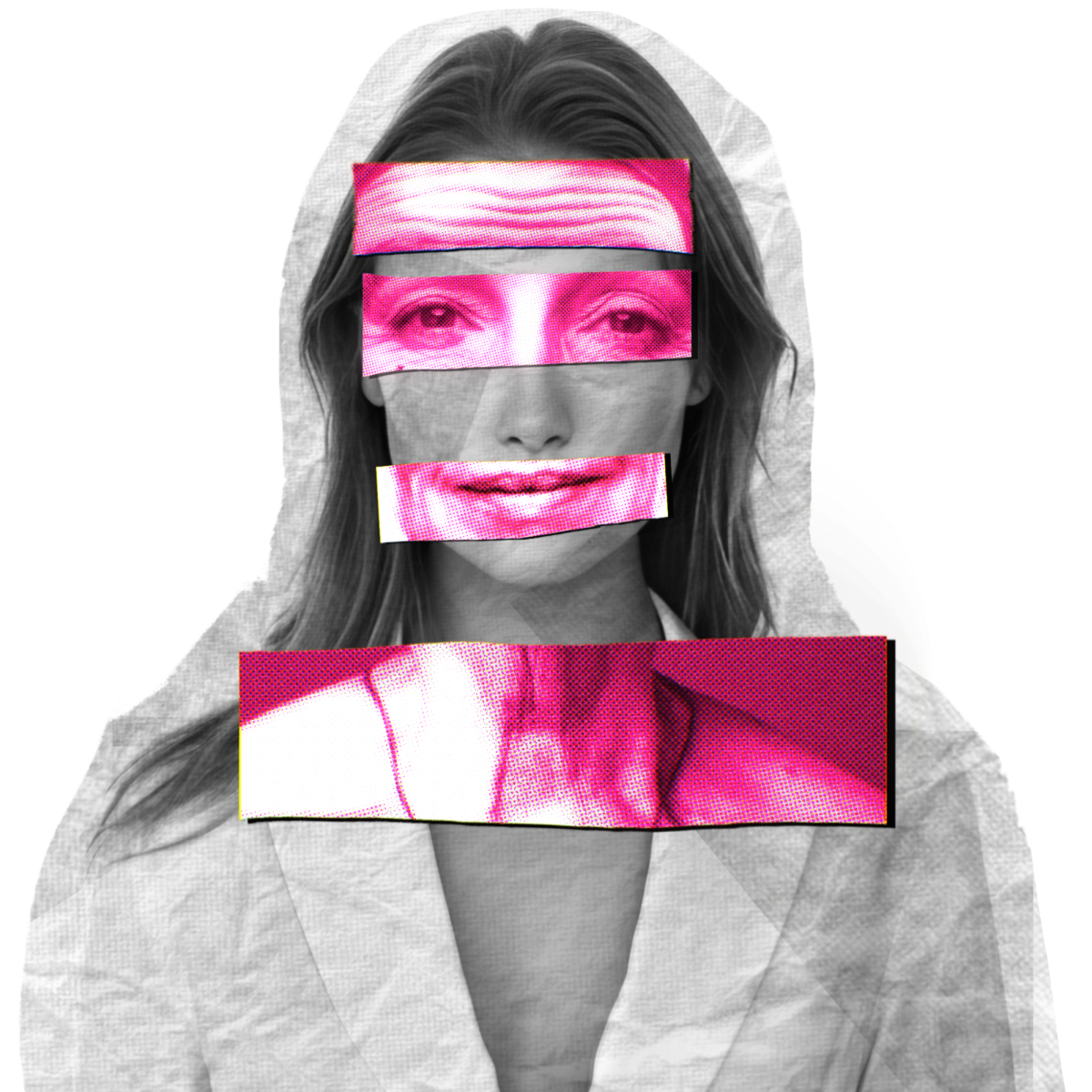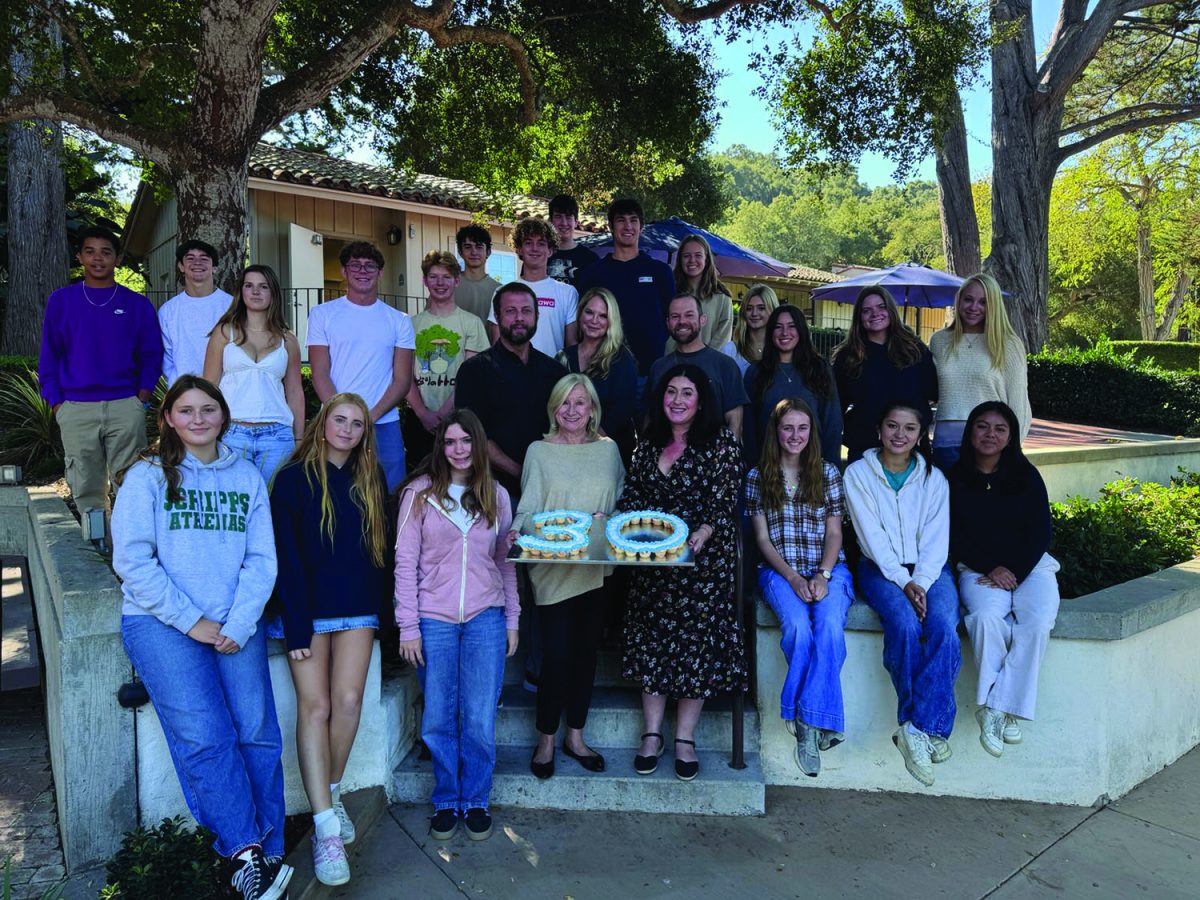TikTok has captivated millions of people’s attention. Yet, beneath the surface lies a continuous caution for mental health.
On Oct. 11, NPR reported that TikTok’s platform was aware of its obsessive qualities. “All it takes is an average user to view 260 videos as short as 8 seconds.
Thus, in under 35 minutes, an average user is likely to become addicted to the platform.”
In 2020, TikTok was the most downloaded app, with over 850 million downloads.
Within five years, the digital platform TikTok be – came a phenom.
TikTok commands the internet with over 2.5 billion worldwide accounts and 700 million active daily users, with an innovative content-sharing platform that hosts short videos that are addictive.
The 30-second videos range from makeup tutorials to aesthetic restocking videos to popular songs and everything in between.
Users’ feeds are never-ending; you can scroll continually without the content repeating itself.
The videos can sometimes be educational, but they are primarily ridiculous content, requiring the viewer no thought.
Endless scrolling through TikTok is exacerbating mental health issues and shortening attention spans.
What separates TikTok from the first video-sharing platform, YouTube, is its endless short video reels.
TikTok is especially popular among high school students who quickly develop a new addiction habit.
“Most of my friends have it. I did, but I deleted it because I realized I spent too much time on it,” freshman Lilly Trautwein said.
“Most of my friends have [TikTok]. I did, but I deleted it because I realized that I spent too much time on it.” – Lilly Trautwein.
On TikTok, viewers can escape the real world be – cause they crave the dopa – mine rush, like pulling the lever on a slot machine with each quick video watched.
TikTok was created to be obsessive. The quick videos keep the viewer wanting “just one more,” which eventually becomes hours of watching mindless content.
Endless viewing of TikTok videos shorten our attention span.
It makes focusing difficult, which is significant because many TikTok viewers are students.
Schools are grappling with the phenomenon and noticed their students’ lowered focus at school.
It is easy to “go down a rabbit hole” and get stuck in TikTok.
According to Amnesty International, social media, especially TikTok, is a never-ending cycle.
“The findings expose TikTok’s manipulative and addictive design practices, which are designed to keep users engaged for as long as possible.”
Even if you have never downloaded TikTok, you have probably heard about it and its influence from a friend or a news article.
Phones can create bad habits to begin. Students don’t even realize how much time they spend on their phones.
It is just part of their muscle memory. It’s clear that the time students spend on social media negatively affects their ability to focus, and the addictive nature of TikTok also affects teachers.
“Kids are on their phones constantly, and when I see the constant scrolling, Ray Bradbury saw it all in his 1953 novel “Fahrenheit 451”: books are dead, and technology is alive. The book is a fable, a warning, a “cautionary tale” as Neil Gaiman says in his introduction.
“And we’re living and breathing the scary tale now! There’s a quote in the introduction about how technology “clicks off your thinking,” said English instructor Ashley Tidey.
YouTube is working on a unique short video format of its own.
Before, YouTube’s videos were long-formatted, but now, short videos are populating the website.
The idea of TikTok is simple: it seems harmless because it does not discriminate or leave any age, race, or religion out.
Most are unaware of TikTok’s addictive nature. Yet, it is an excellent tool for voicing our ideas and opinions.
It is all about managing your time and using these platforms appropriately.
“Technology “clicks off your thinking.” The faces of young people scrolling and scrolling, through reel after reel, can’t be good for the brain, Tidey said.


































